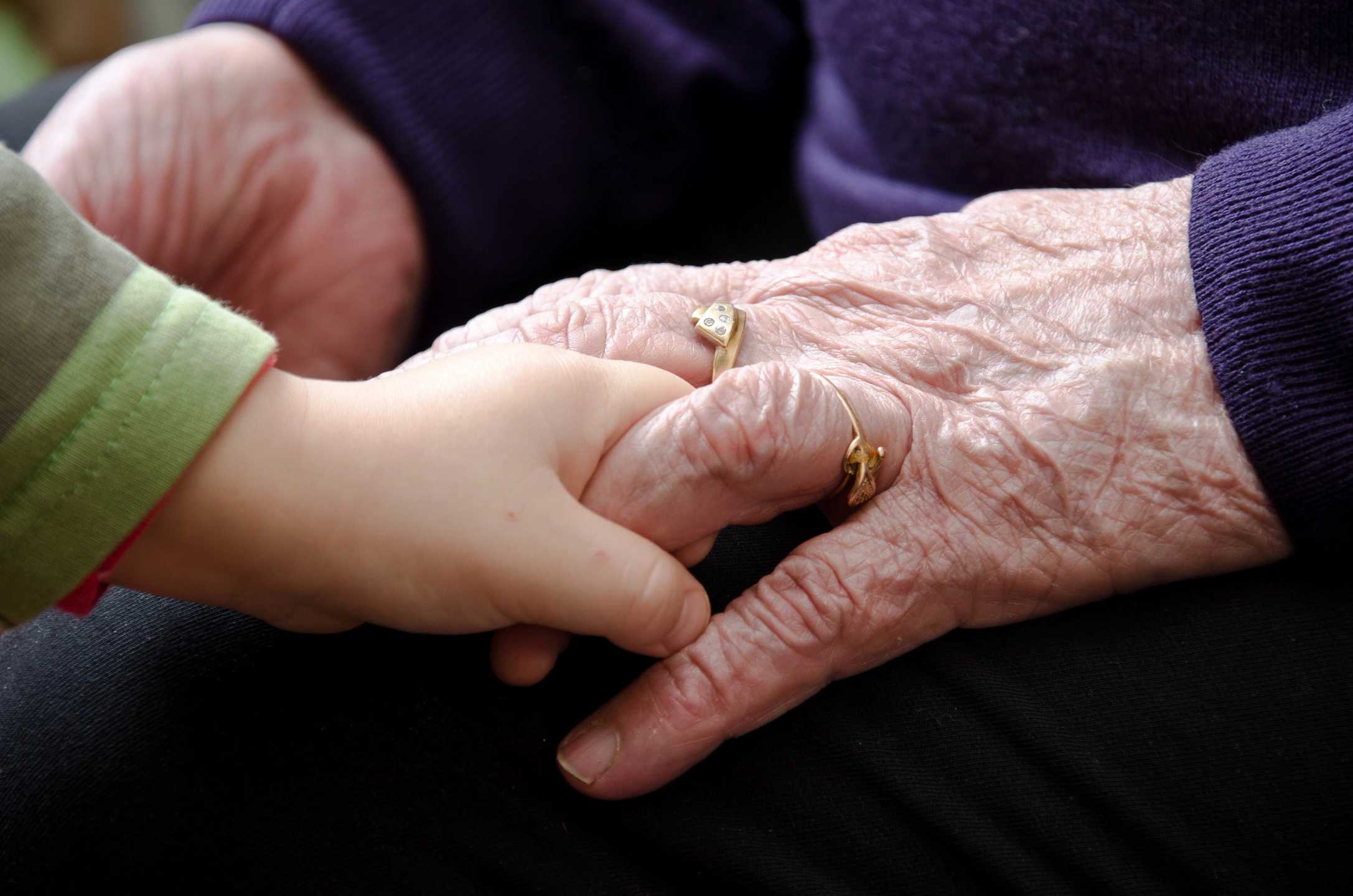I believe I had a true epiphany yesterday–an awareness of self. (So glad we can still get these, no matter how old we get!)
Could it be that my love of family history research is rooted in my childhood’s memory of and love for Nancy Drew books… and the mysteries one can solve through proper sleuthing? I believe it is true!
Beginning at about 3rd grade, I believe, a group of girlfriends and I formed a sort of neighborhood Nancy Drew Book Club. We would each buy a different book in the series, pass them around until everyone had read them all, then repeat. Not only was our hunger to read Nancy Drew books sated, but it was done at little individual expense. We couldn’t wait to get our eyes on the next suspenseful tale!
Nancy was an ingenious teenage detective. Her powers of deduction and logic seemed masterful to this 8-year-old girl. I would imagine myself in her place as I read through each mysterious adventure and process of logical reasoning in order to solve whatever crime was at the root of the book’s plot. I wanted to learn those skills, to be as clever and bold and strong-minded as Nancy Drew. [Mathematics, the field I studied in college, is also about logic, reasoning, analysis, and problem solving. Curiouser and curiouser.]
My father seemed to understand my interest in solving mysteries. When I was young, he would often give me puzzles to solve–riddles, mind puzzles, jigsaw puzzles, all kinds. Again, the emphasis was on solving a problem from clues and piecing together evidence to get to the underlying “truth.”
Logic. Reasoning. Analysis. Evidence. Conclusions. Solutions. Truth. Aren’t these all elements of the Genealogical Proof Standard?
I understand now, for the first time, how Nancy Drew and my father developed my capacity for thinking logically. I owe them my deepest gratitude for laying the mental foundation for both of my adult careers–a teacher of mathematics (among other things) for 37 years, and now a Professional Genealogist.
Thank you, Nancy! Thank you, Dad!
